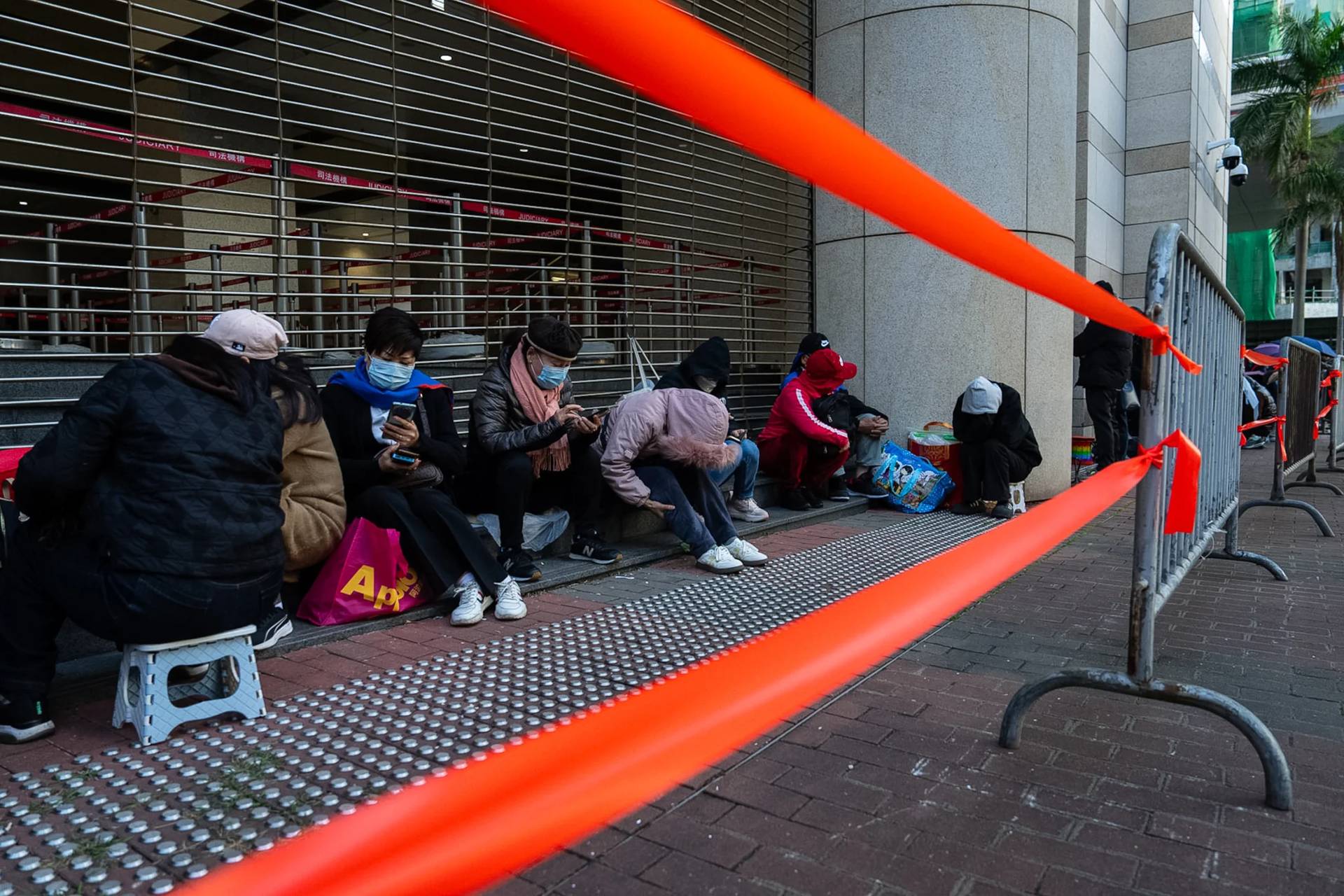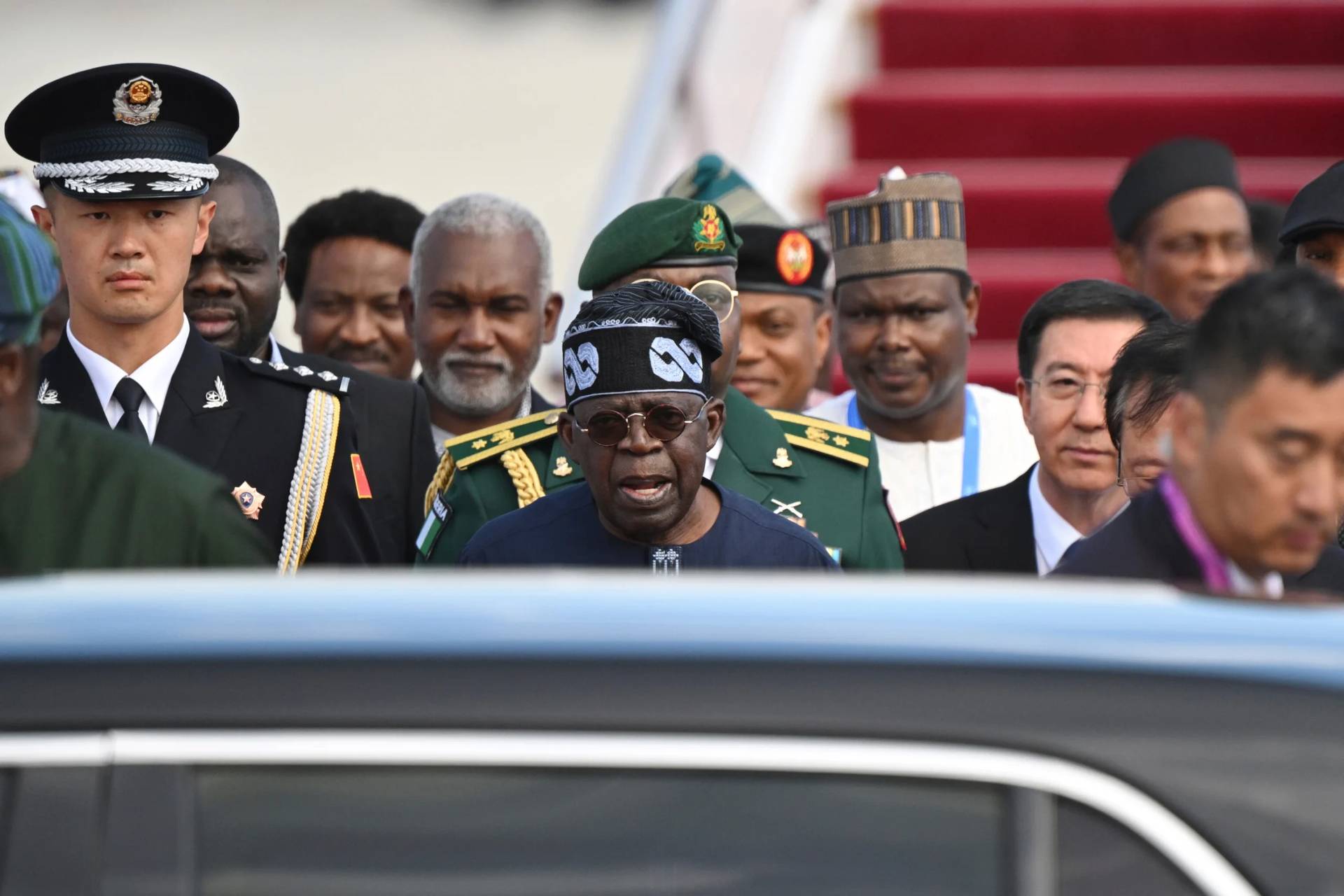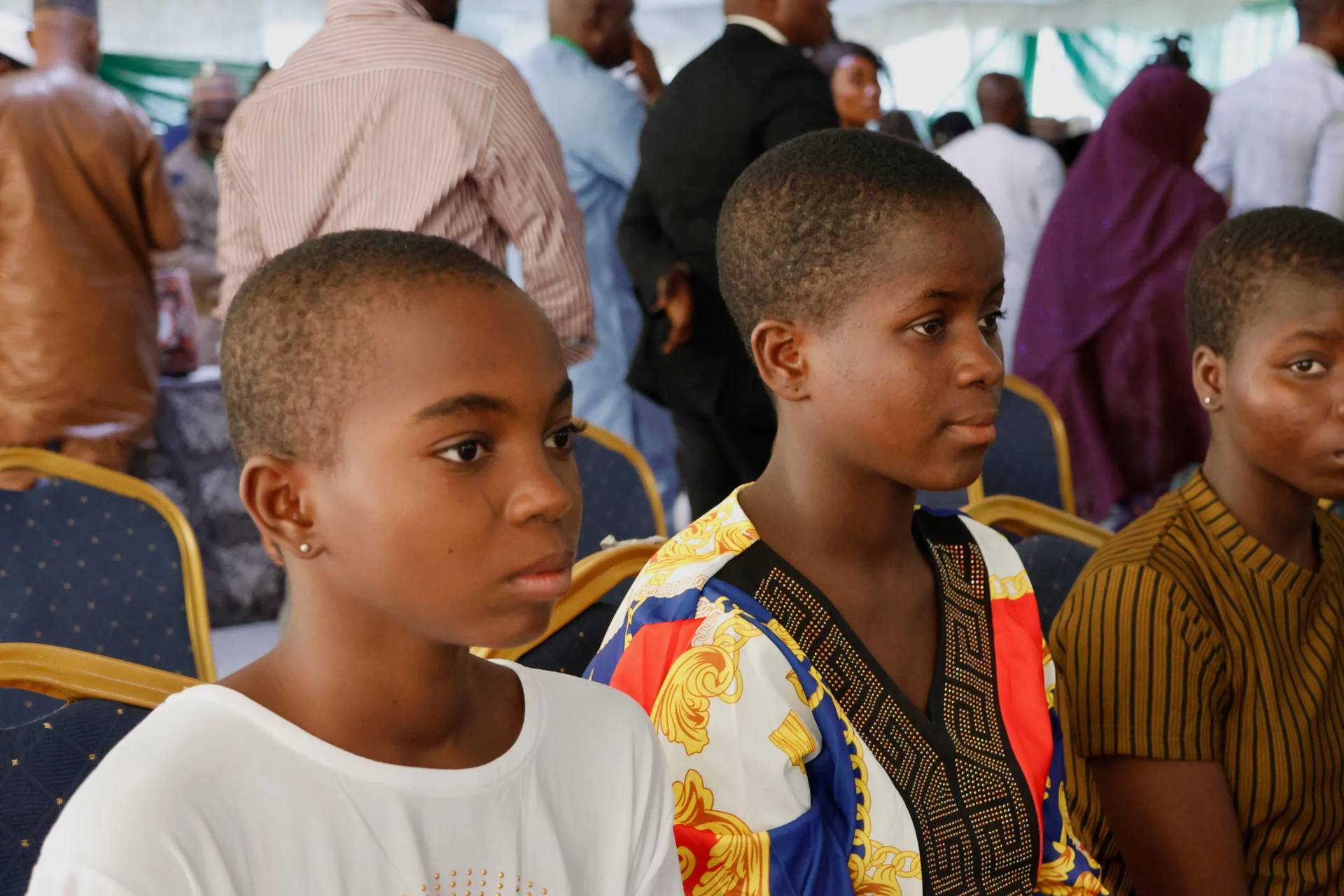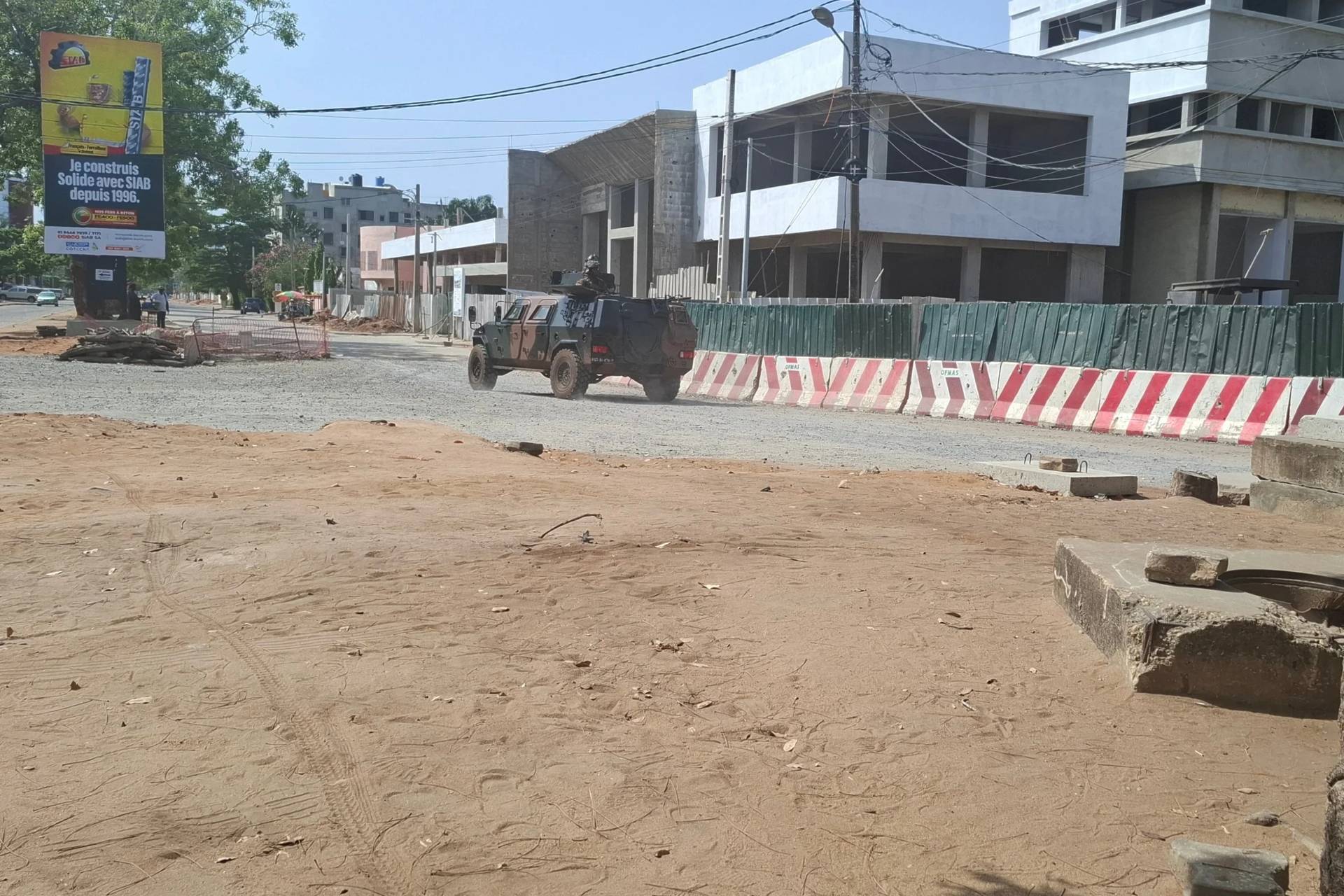YAOUNDÉ, Cameroon – With just 100 days to the December 23 presidential election in the Democratic Republic of Congo, the country’s bishops have once again voiced concerns over “the state of the electoral process.”
The bishops have several complaints: Political prisoners such as former Governor of Katanga, Moïse Katumbi have not been released, the absence of the fingerprints of over 6 million registered voters on the vote rolls, as well as rising security concerns in the east of the country.
On Monday, a delegation from the DRC bishops’ conference visited Zambia to meet with President Edgar Lungu, who currently chairs the Southern African Development Community (SADC)’s Organ on Politics Defense and Security Cooperation (SADC Troika) to seek his help in assuring a peaceful poll.
The bishops said they were worried about allegations that the Congo’s governing party was manipulating the Independent Electoral Commission and the courts to the disadvantage of the opposition and brought up the lack of consensus on the use of electronic voting machines introduced by the country’s Independent Electoral Commission.
The bishops have joined their voices to the opposition, as well as foreign observers such as the United States, in expressing doubts about the credibility of those machines, which critics say could be used as instruments for massive electoral fraud.
Congolese President Joseph Kabila has been in office for over 15 years, taking over from his father, Laurent-Desire Kabila, who was assassinated in 2001. In 2006, an election confirmed him in his post. He was re-elected for a second mandate in 2011.
After Kabila’s failure to step down after the end of his second term in December 2016, as mandated by the constitution, protests left dozens of people dead.
On December 26 – the feast of St. Sylvester – an agreement overseen by the Catholic hierarchy was reached.
The St. Sylvester Accords called for power sharing between Kabila’s party and opposition parties in the buildup to a presidential election at the end of December 2017, in which Kabila would not be a candidate.
The elections never took place, and Kabila continues in office.
Catholic lay organizations – often with clerical support – have been leading protests earlier this year, fearing Kabila was going to seek another term.
On August 8, Kabila finally announced he will not be part of the upcoming election. Instead, Kabila’s party – the The People’s Party for Reconstruction and Democracy – has chosen the former minister of foreign affairs, Emmanuel Ramazani Shadary, as its candidate.
In the absence of any credible opposition and a free press, the Catholic Church is emerging as the only credible voice that can speak up for the people of the Congo in the face of Kabila’s regime.
Catholics make up nearly half of Congo’s 80 million people, and the nation’s bishops are held in high esteem.
In their meeting with the Zambian president, the delegation of Catholics said that a free, fair, and transparent election could not be organized in the wake of the government’s continued suppression of political dissent and takeover of public media.
The Southern African Development Community (SADC) is made up of 15 Southern African countries: Angola, Botswana, Democratic Republic of the Congo, Lesotho, Madagascar, Malawi, Mauritius, Mozambique, Namibia, Seychelles, South Africa, Swaziland, Tanzania, Zambia, and Zimbabwe.
The organization’s protocol on Politics, Defense and Security Co-operation was passed in 2001 in order to foster regional security and promote peace and political stability among the members.
After the meeting, Lungu issued a statement on Facebook saying he “will work with other SADC Member States on taking steps to help create confidence in the DRC electoral process and ensure that the outcome of the election is free, fair and universally acceptable.”
The bishops also issued a statement, asking the SADC “to accompany the Congolese people and the electoral process, particularly the stakeholders to find consensus on the voting machine or otherwise, to make recourse to ballot papers.”
They also called on Lungu to convince the Congolese government to fast-track the measures already taken to ease political tensions in line with the December 2016 St. Sylvester Accord that called for an inclusive and peaceful election.
‘’If the issues raised are not well resolved, we risk either not to have an election on December 23, 2018, or to have a biased election. In either case, the lack of a credible, inclusive and peaceful election could lead the DRC into violence or chaos which could enflame the entire Great Lakes sub region,” the bishops warned.
The Catholic leaders did acknowledge some positive developments, most importantly Kabila’s pledge not to seek another term as president; however, they said that the development would be an illusion if the electoral process doesn’t end in a transparent, credible, peaceful and inclusive election.
The Congo bishops didn’t meet President Edgar Lungu just because of his position in the SADC, but also because they said they believe Zambia’s democratic experience could inspire the DRC to move forward.
According to the vice president of the Congo Bishops’ Conference, Archbishop Fridolin Ambongo Besungu, Zambia has solid democratic principles that enabled it to maintain peace and organize violence-free elections that could be replicated in the Congo.
‘’The DRC considers Zambia as a model of peace, security and respect for the rule of law,” the archbishop said.
“Democracy in Zambia is a reality and the Catholic Church in Congo would like to see the same thing in DRC,” he added, noting that the bishops’ conference of Zambia played a key role in convincing the government to hold elections.
Boniface Cheembe, the executive director of the Southern African Center for Constructive Resolutions of Disputes (SACCORD), commended the bishops for their actions.
“Although Zambia has largely been peaceful we believe that one of the biggest lessons to be learned by stakeholders is to ensure that consultations must be broad and that at times need may arise to cross borders and consult with the DRC or indeed any other country. What the DRC bishops have done is to show high levels of commitment and boldness to peace which is something that we as a nation must continue to nurture and appreciate,” he told the Lusaka Times.

















